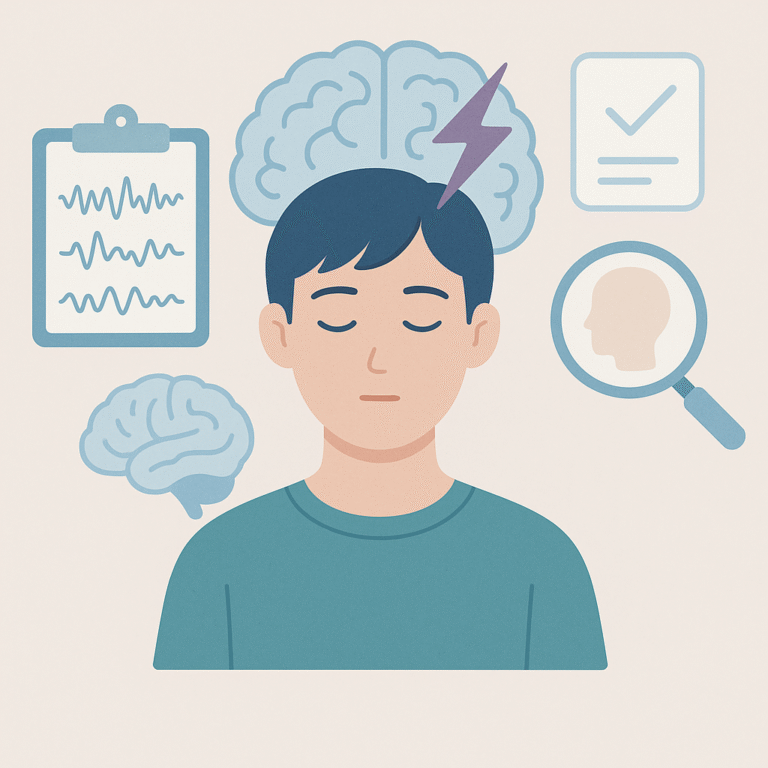New Treatments for Severe Pediatric Seizures Explored
Source: Pediatric neurology
Summary
This study looked at treatments for two serious conditions in children: new onset refractory status epilepticus (a type of severe seizure) and febrile infection-related epilepsy syndrome (a condition that can cause seizures after a fever). The researchers reviewed various therapies that have been suggested for these conditions, especially when standard treatments do not work. They focused on both established treatments like anakinra and tocilizumab, as well as other potential therapies that have been reported in medical literature.
The key findings showed that while anakinra and tocilizumab are considered safe and effective for some patients, many still experience ongoing seizures despite these treatments. The review highlighted several other therapies that might help, including neuromodulation techniques (like vagal nerve stimulation), surgical options, and different medications. However, most of these therapies are based on individual cases rather than large studies, which means their effectiveness is not fully established.
Understanding these findings is important because they provide insights into additional options for children who do not respond to standard treatments. However, the limitations include the lack of large-scale studies to confirm the safety and effectiveness of many of these alternative therapies. This means that while there are potential options available, more research is needed to determine the best approaches for managing these challenging conditions in children.
Free: Seizure First Aid Quick Guide (PDF)
Plus one plain-language weekly digest of new epilepsy research.
Unsubscribe anytime. No medical advice.





